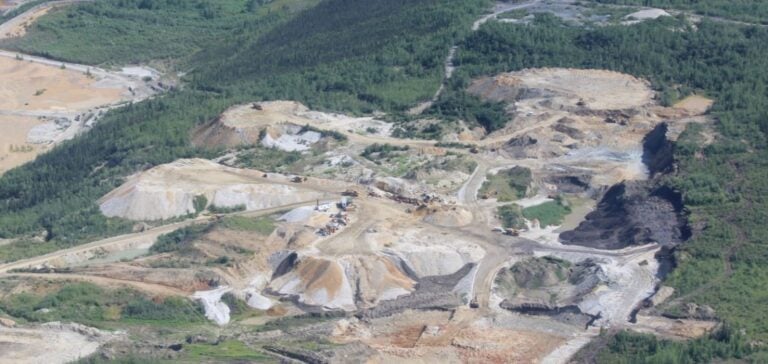Collaboration between Canada and the United States in the critical minerals sector is intensifying, with a strategic investment aimed at strengthening North American supply chains. Canadian Minister of Energy and Natural Resources Jonathan Wilkinson announced a joint funding initiative with the United States to support Canadian company Fireweed Metals Corp. This initiative highlights the importance of critical minerals in the defense, advanced technology, and clean energy industries.
Fireweed’s project in eastern Yukon will benefit from a $12.9 million CAD investment (approximately $9.2 million USD) from Natural Resources Canada. This funding, conditional on final due diligence, will finance preliminary work such as modernizing 250 kilometers of roads and improving local electrical infrastructure. Simultaneously, the United States will invest $15.8 million USD (approximately $22.1 million CAD) in the Mactung mine, further enhancing cross-border collaboration in critical mineral supply chains.
A lever for North American cooperation
Modernized infrastructure will accelerate the exploitation of critical minerals such as tungsten, a key element for national security and clean energy. These developments will not only enhance the region’s mining capabilities but also boost the economic competitiveness of both countries. Planned work also includes consultations with First Nations to ensure positive outcomes for local communities.
This investment is also part of the Critical Minerals Infrastructure Fund (CMIF), a flagship initiative under Canada’s Critical Minerals Strategy. The program aims to address infrastructure gaps while promoting responsible mining practices and sustainable resource management.
Strengthened energy diplomacy
The announcement underscores the central role of Canada-U.S. collaboration in securing critical mineral supply chains. The joint action plan, established in January 2020, reinforces this dynamic by aligning the two countries on shared priorities such as global security, economic decarbonization, and innovation in clean energy technologies.
According to Laura Taylor-Kale, U.S. Undersecretary of Defense, tungsten is a key example of a strategic metal requiring joint efforts to ensure sustainable production. Improvements to roads and electricity transmission lines will directly contribute to these goals while supporting the local economy through job creation.
A shared vision for the future
This partnership illustrates the convergence of Canadian and American interests in energy diplomacy. Both countries are committed to promoting responsible resource development while ensuring socio-economic benefits for local communities. This strategic cooperation also strengthens bilateral relations through structural projects that address global environmental and economic challenges.






















